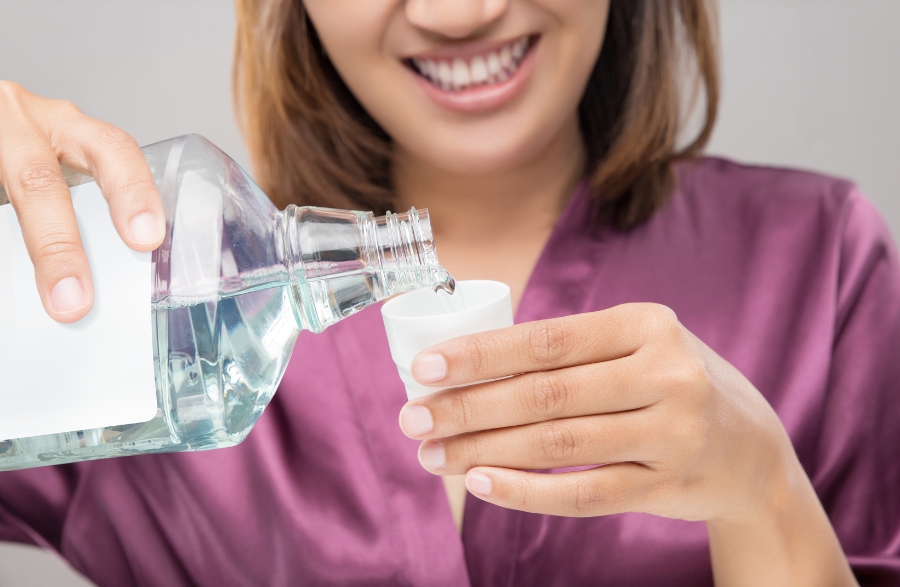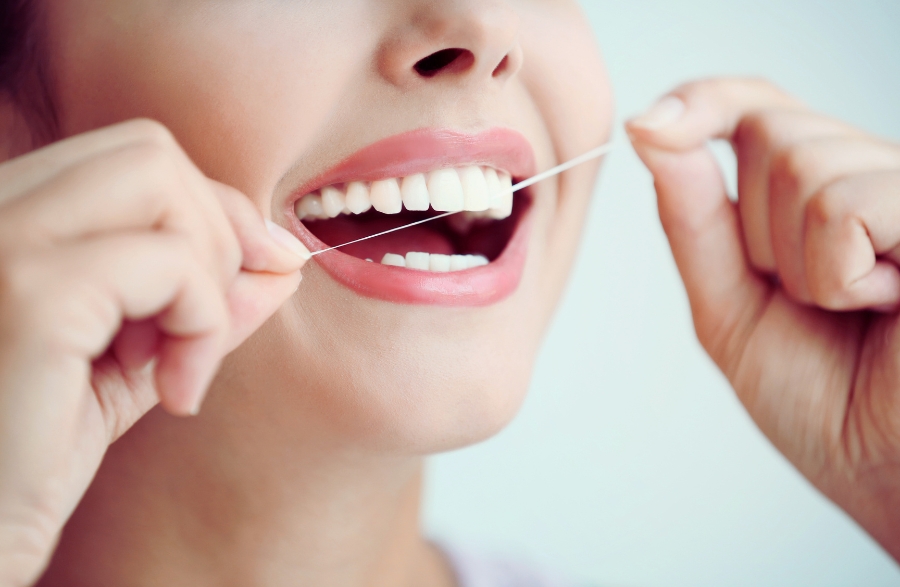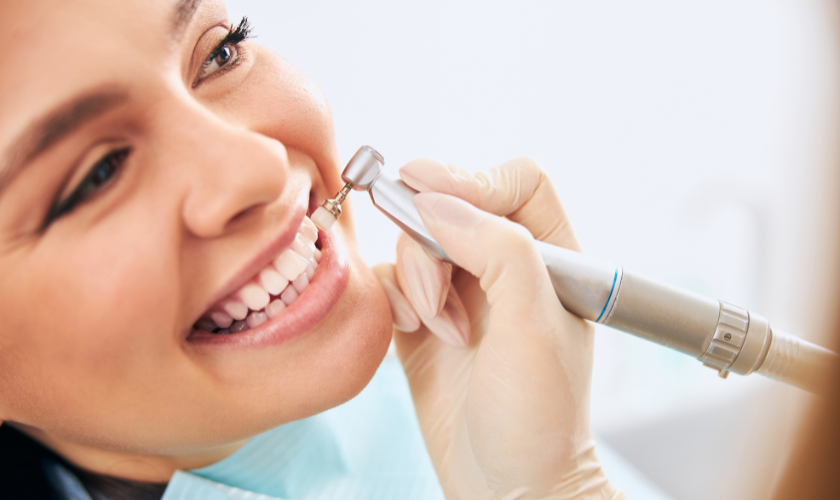
Ever picked up a bottle of mouthwash in the store and been swamped by the seeming multitude of options? One guarantees fresh breath, another guards against cavities, and then there’s the one that protects gum health. It’s simple to suppose that they all do the same thing, but that is hardly so. Picking the right mouthwash isn’t just about swishing and spitting—it’s about giving your oral health the right kind of boost. If you’re unsure which one belongs in your bathroom cabinet, you’re in the right place.
What Does A Mouthwash Do?
Mouthwash isn’t all it’s cracked up to be a minty fresh mouth rinse—it has a larger function in oral hygiene than most individuals recognize. Depending on its type, mouthwash may prevent cavities, control plaque buildup, combat gum disease, and even fortify enamel. But the catch: not all mouthwashes do all these things. That’s why reading labels can help you pick the best mouthwash for a healthier smile.
Types of Mouthwash and Their Benefits
Not all mouthwashes are created equally. Here’s a summary of the primary types and who they’re ideal for:
- Fluoride Mouthwash – Best for people who get cavities, fluoride fortifies enamel and stops tooth decay.
- Antiseptic Mouthwash – Includes ingredients such as chlorhexidine or alcohol to destroy bacteria and lower plaque. Wonderful for people who are experiencing gum inflammation.
- Alcohol-Free Mouthwash – A less harsh option for people with sensitive gums or dry mouth.
- Whitening Mouthwash – Contains hydrogen peroxide or other whitening ingredients to gradually erase surface stains.
- Natural Mouthwash – Artificial chemicals and alcohol-free, containing natural antibacterials such as tea tree oil or aloe vera.
The ideal mouthwash is determined by your individual dental requirements. An individual experiencing gum disease should not be content with a mouthwash that merely eliminates bad breath. Contact a dentist in Riverside for assistance with this.
Ingredients That Matter
The fine print on a bottle of mouthwash says a great deal about its efficacy. Look for these primary ingredients:
- Fluoride – Necessary to prevent tooth decay and harden enamel.
- Cetylpyridinium chloride (CPC) – Reduces bacteria and fights bad breath.
- Chlorhexidine – Even prescribed by physicians for gum disease, it will kill bad bacteria but stain teeth with long-term use.
- Essential Oils – Ingredients such as eucalyptus, thyme, and menthol offer antibacterial advantages without the use of alcohol.
- Hydrogen Peroxide – Present in whitening mouthwashes to dissolve stains.
Reading the label will protect you from purchasing a mouthwash that doesn’t fit your dental objectives.
Alcohol or Alcohol-Free: What’s Best?
There is a common myth that mouthwash containing alcohol is stronger. Although alcohol-based rinses kill germs, they can also dry out the mouth, making it result in bad breath and irritation. In case you have sensitive gums or suffer from dry mouth, an alcohol-free version is where it’s at. The best part? Most alcohol-free versions are as good at leaving your mouth feeling fresh and combating bacteria without the irritating burn.
Pairing Mouthwash with Your Requirements
Before incorporating a mouthwash into your practice, think about what your mouth requires the most:
- For protection against cavities: Use a fluoride mouthwash.
- For halitosis: Use one containing CPC or essential oils.
- For dry mouth: Use an alcohol-free mouthwash.
- For whitening teeth: Use one that contains hydrogen peroxide.
There’s no cookie-cutter answer, but knowing your needs simplifies making the correct choice.
How to Use Mouthwash Effectively?
There’s more to it than swishing and spitting. To make the most of your mouthwash for a healthier smile, simply follow these few steps:
- Brush and Floss First – Mouthwash is not a substitute for brushing or flossing. Clean teeth will take its benefit better.
- Use the Correct Amount – Most rinses need approximately 20 ml (or four teaspoons) per use. Check the packaging for details.
- Swish for 30 Seconds – That allows the ingredients sufficient time to act. In case it stings, go for an alcohol-free product.
- Don’t Eat or Drink Immediately – Allow active ingredients time to settle before spitting them out with food and beverages.
Mouthwash used improperly will reduce its effectiveness, so it is equally crucial to use the proper technique in addition to the correct type.
No magic mouthwash does it all, but choosing one tailored to your needs makes a huge difference. A little label-reading, ingredient-checking, and understanding of your oral health go a long way. Whether you’re aiming for fresher breath, stronger enamel, or healthier gums, there’s a mouthwash out there that fits your needs perfectly.
Not sure which mouthwash is best for you? Our dental team is here to help you make the right decision for your oral health needs. Book a consultation today and get guidance to pick the best mouthwash for a healthier smile!

